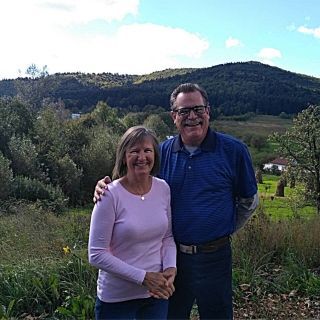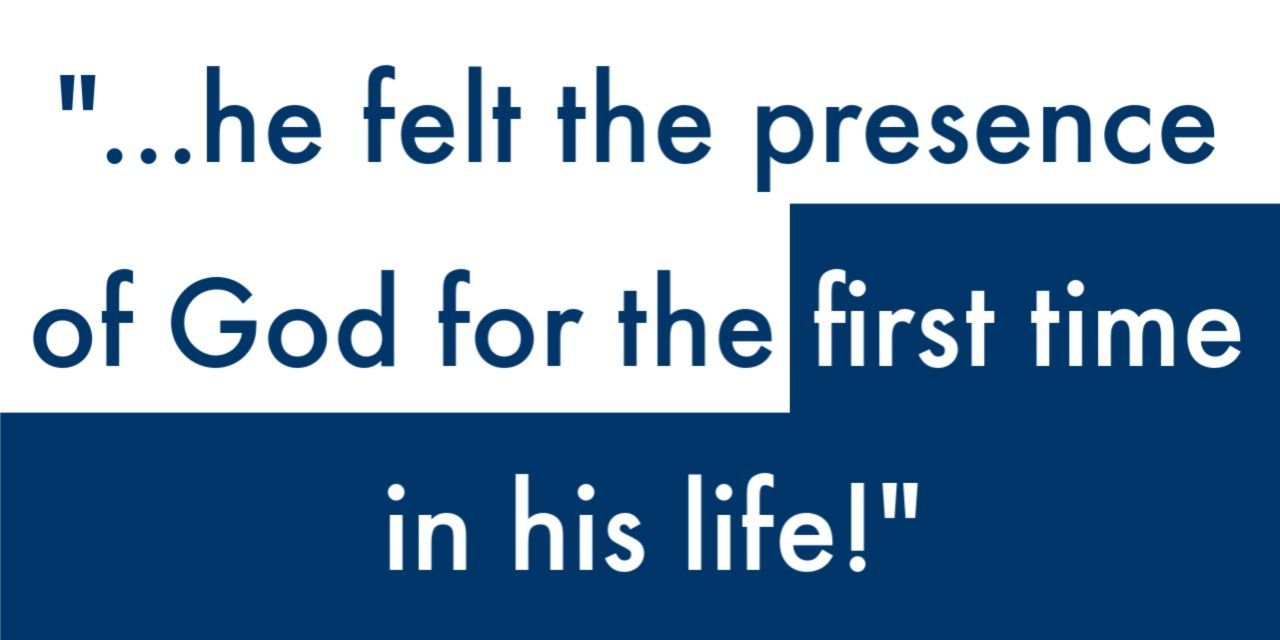
Impacting People Through English
When Greg and Patti Wilton arrived in Ukraine in 2000, Patti never imagined that teaching English would be her main ministry. However, combining a love for languages with a love for unbelieving Ukrainians, Patti felt led by God to use English as a means of outreach.
In 2013 the churches in Kremenchuk, where Patti and Greg lived, held a city-wide English evangelistic outreach. A young man named Vitalii attended the worship finale. After the service, he told Patti he felt the presence of God for the first time in his life! Not long after, Vitalii began studying English with Patti.
Hungry for God
In addition to English Lessons with Patti, Vitalii joined an English Inductive Bible study led by Greg. Vitalii soaked up what he was learning from the book of Romans. Greg recalls that he could “see the lamps firing in Vitalii’s head”.

When Greg and Patti moved to work in another city, they remained in contact with Vitalii. The following summer, Vitalii met up with the Wiltons at an English Family Camp, where they again had the opportunity to study the Bible. This time his wife, Vika, joined them.
Over time it became evident to the Wiltons that Vitalii had committed his life to Christ and in time, Vika became a follower as well. They were baptised in 2016!
Obeying the call of God, Vitalii enrolled in the Kremenchuk Bible College. Greg taught one final class there in 2019 before retiring, and was thrilled to have Vitalii in that class.
After the semester was over, Vitalii expressed his gratitude for the spiritual impact Greg had on his life. Vitalii added, with tears in his eyes, that he considered Greg and Patti to be his spiritual parents!
Greg was so encouraged by what he heard, he thought: “That’s enough; I could go to be with the Lord now!”
The Impact Continues
God used Patti’s English outreach and Greg’s Bible teaching to spiritually impact Vitalii and Vika. These days, Vitalii continues to study at the Bible College and serves both as a Deacon and worship leader with his wife! The impact continues on: Vitalii and Vika are sharing their faith and having a spiritual impact on other Ukrainians!
Additional Posts





